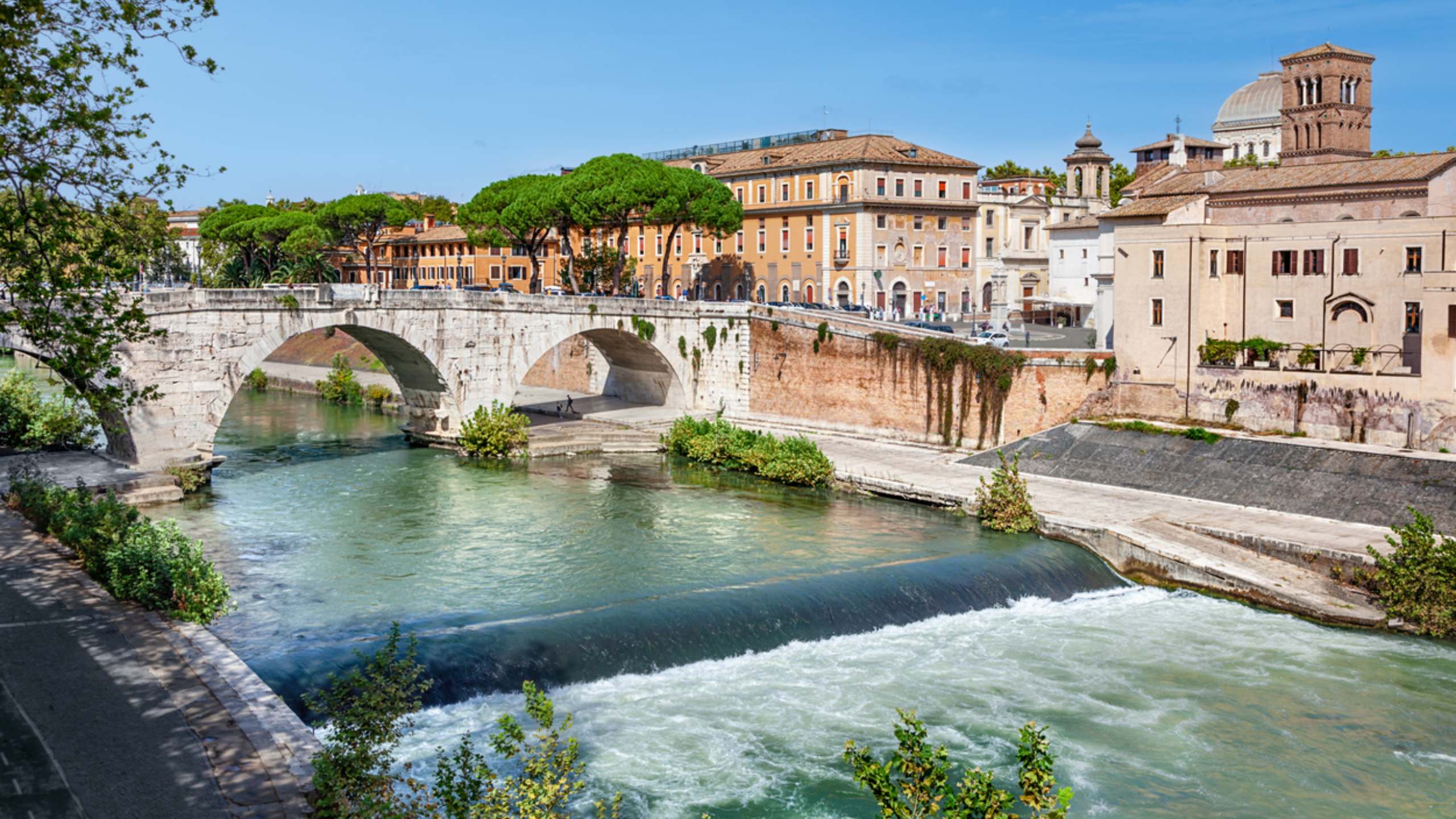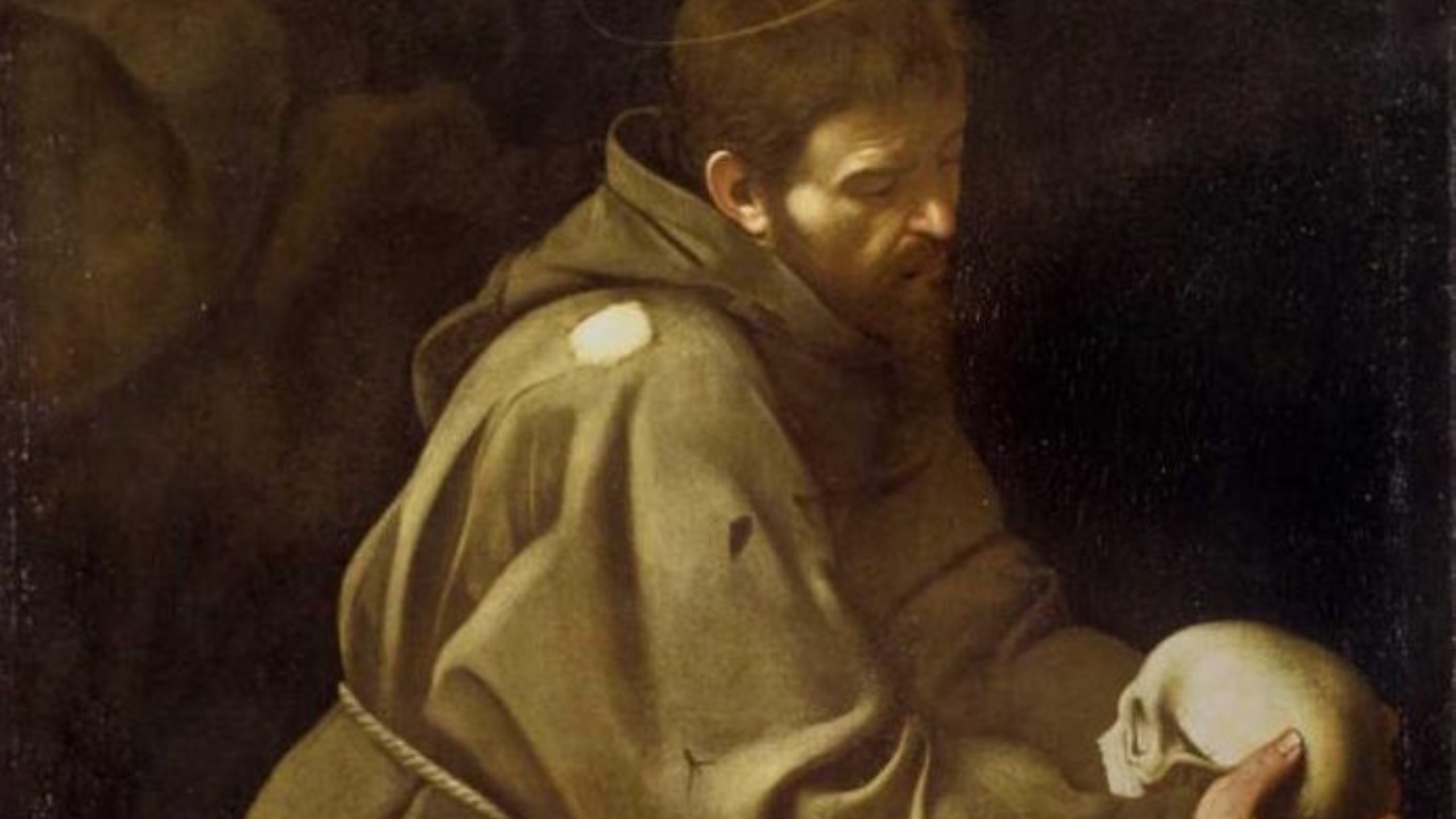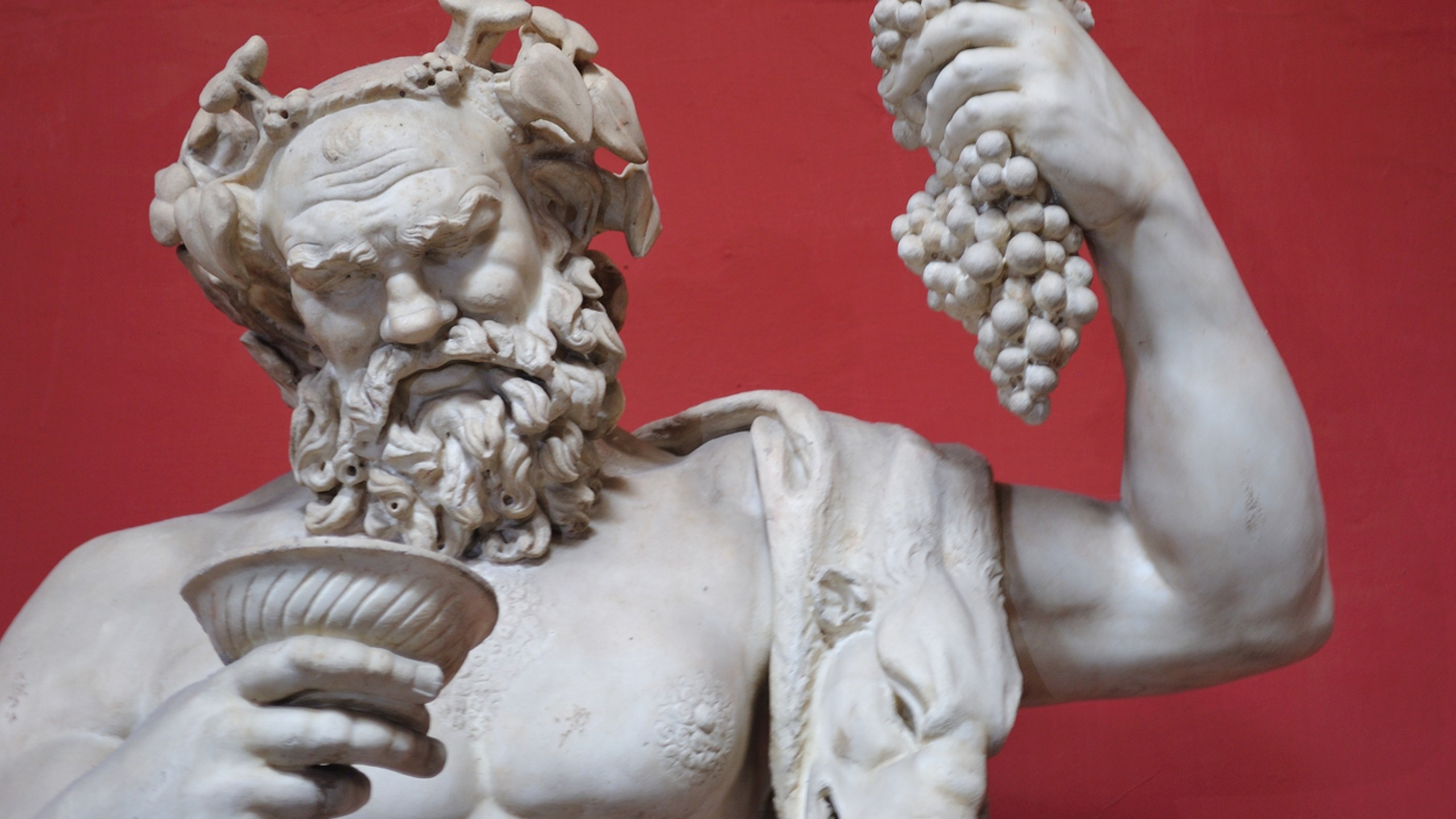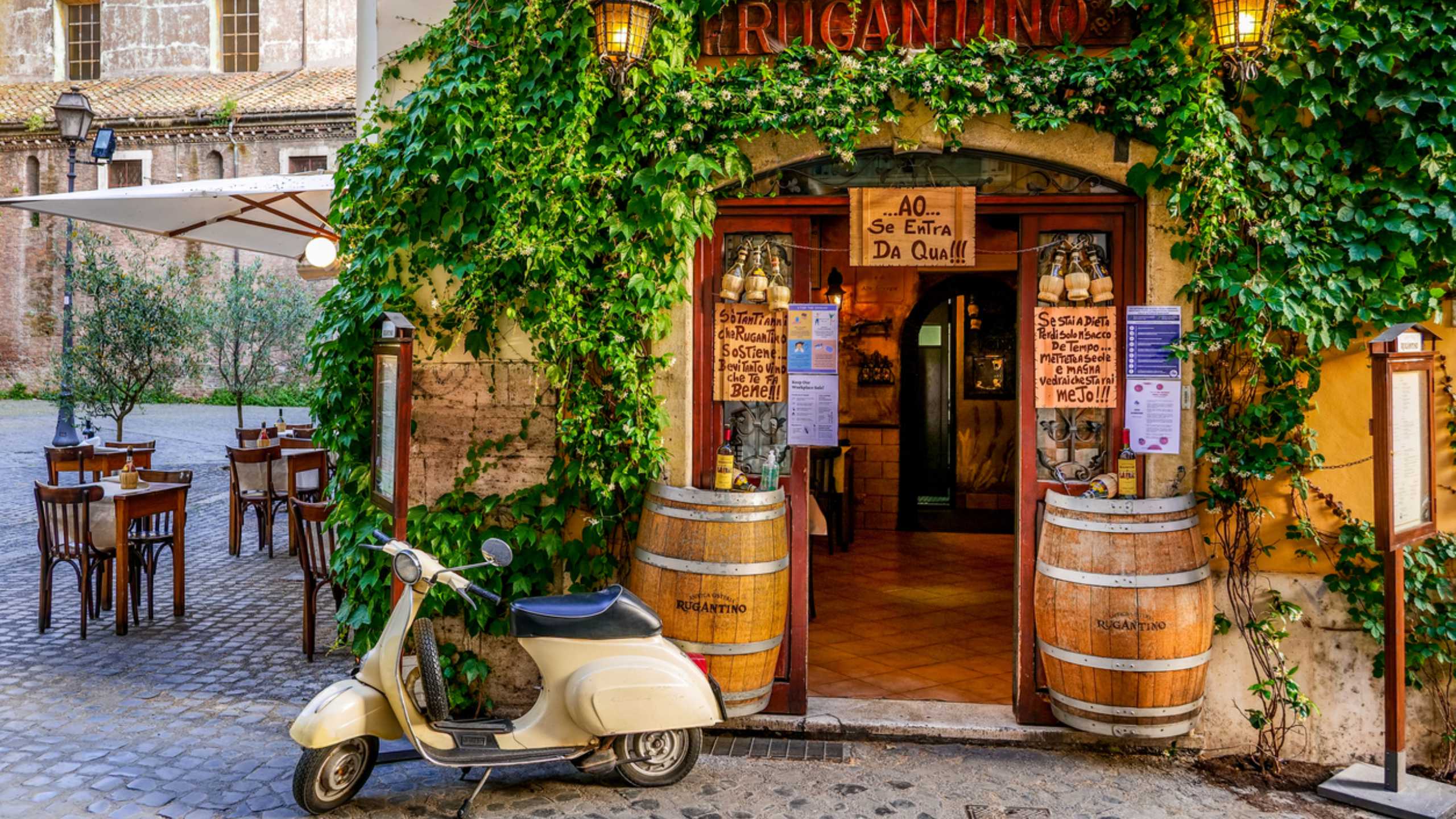Visit Rome on the trail of Gian Lorenzo Bernini's masterpieces
In this period of pandemic, unfortunately, the health emergency prevents traveling and visiting the capital, but those who have the opportunity, for work or short trips, can finally visit a different Rome, free from mass tourism, with the advantage of being able to enjoy the most popular itineraries in more depth.
Usually it is the cities themselves that, with their charm, completely change the lives of artists, but in the case of Bernini, it is quite the opposite. The Baroque artist, in fact, was at the forefront of the revolutionary change brought to the city. There is no lack of neighborhood, church, but also simply a hidden corner where one cannot stop and admire one of his masterpieces.
So why not try to follow your own itinerary based on the works of Gian Lorenzo Bernini? It is also an excellent way to discover Rome from a new point of view, appreciating both the works and the universal man that this artist was.
Gian Lorenzo Bernini, born in Naples in 1598, was a sculptor, architect, painter and also a set designer and playwright. One of the factors that contributed to making the artist so central to the life of the city of Rome and the Roman Baroque, was the rise to the papal throne of the patron, Maffeo Barberini, who became Pope Urban VIII, which allowed him to begin a long period of artistic hegemony in the eternal city.
Bernini was entrusted with the positions of commissioner and auditor of the pipes of the fountains of Piazza Navona, the direction of the Castel Sant'Angelo Foundry, Architect of the Aqua Vergine. For this reason, he participated in the construction of many fountains in Rome, such as that of the Triton, the Bees, and even projects for the Trevi Fountain.
An excellent itinerary on Bernini's footsteps includes a visit to fascinating places such as the Church of Santa Bibiana, built in 1624, where there is the first work of a sculptural nature by Bernini which focuses on a religious theme, in which the Saint is depicted. Bibiana. In the wonderful Church of Santa Maria della Vittoria, you can discover many works of the highest level, including one of the most appreciated by the Baroque artist. It is the Ecstasy of Saint Teresa of Avila: a masterpiece that even Bernini himself did not hesitate to define as "the most beautiful work that could come out of my hand".
Continuing towards the Quirinal Hill, here you can find the Church of Sant’Andrea al Quirinale, one of the most beautiful churches on which there is the hand of the Baroque artist. More than anything else, the sacristy, designed by Bernini and frescoed by the artist Jean La Brode, amazes. Many other works of Gian Lorenzo Bernini's artistic career are kept in the National Gallery of Palazzo Barberini, one of the most interesting museums in the Eternal City.
In this sense, the Eitch Borromini is an ideal base from which to move to visit the main monuments that have seen the collaboration of this great interpreter of art and architecture of the 600 '. The Collegio Innocenziano, the historic residence that houses the Eitch seems to have been made specifically to accommodate art and culture lovers, sleeping under seventeenth-century frescoes. From its windows it is possible to admire one of the most famous works of the baroque master: the fountain of the Four Rivers in Piazza Navona in all its splendor.







